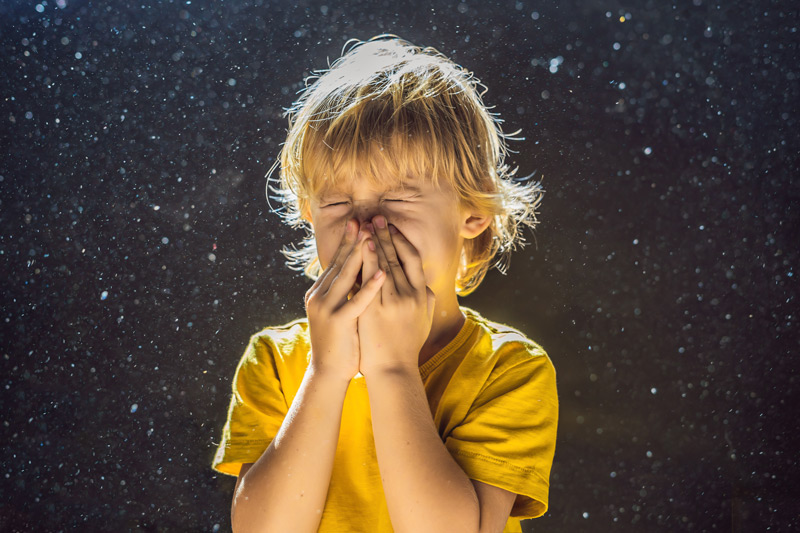Who Is Most Susceptible To Indoor Air Pollution?
April 20th, 2023 by eshoop

Poor air pollution can create many health issues in people of all ages. These issues can include headaches, fatigue, and even respiratory illnesses. The longer you’re exposed to poor air quality, the worse symptoms will be. You need to understand who is more at risk for developing symptoms and how to prevent poor air quality. This knowledge can go a long way to ease the number of symptoms that you experience.
Who is More at Risk for Poor Indoor Air Pollution?
As with most things, they are people who are more susceptible to the effects of poor indoor air pollution. Children exposed to air pollution are more at risk for adverse side effects than adults. Studies show that children will be the first to feel the known effects of poor indoor air pollution. Even at lower levels that have no adverse effect on adults, this can cause issues for kids.
Elderly people are also more at risk for the effects of poor indoor air quality. This is due to their bodies’ decreased ability to reduce chemicals from themselves. People with cardiovascular diseases and respiratory illnesses are more at risk as well.
The Signs of Poor Indoor Air Pollution
Depending on how bad your indoor air quality is, you may report many different symptoms. Some of the most common include irritation, dry throat, fatigue, and headaches. Sinus congestion, nausea, and even dizziness are also common. Those with respiratory illnesses may have worse symptoms with poor indoor air quality.
How to Prevent Poor Indoor Air Pollution
One of the best ways to help handle poor indoor air quality is to upgrade your HVAC filter game. You should choose an HVAC filter that has a very high MERV rating. This will show enhanced filtering capability. It’s also crucial that you remember to change out your filter every couple of months. A dirty filter won’t do you any good in removing those toxins in your air.
You should also consider having your air ducts cleaned every three to five years. This helps to remove any debris that’s stuck inside of them. This will help to improve your indoor air quality and enhance the efficiency of your HVAC system. In some cases, having a whole home air purification system may be necessary. This is best when you have high amounts of pollution inside your home or office. Talking with an HVAC professional will ensure that you get the best line of defense possible.
Call Us Today
If you believe that your home or office has poor indoor air quality, then it’s time to contact us. Let our helpful HVAC professionals assess your situation. We can recommend how to improve the quality of air inside your home or office.

